Description
Bibhitaki is a large deciduous tree found throughout India reaches height up to 30 meters.
Bibhitaki is a large deciduous tree found throughout India reaches height up to 30 meters. Trunk of the tree is straight with brownish grey color. Leaves are long, alternate, oval and are clustered towards the end of branches. These are 7-14cm in breadth and 10-12cm in length. Simple and solitary flowers are white or yellow in color, with offensive odor. Flowers appear in the month of May. Upper part of plant is male and lower part is female. Fruits are grey colored drupes, ovoid in shape. Sweet kernels inside the hard covering of fruit are sweet in taste, but these arenarcotic in action.Plant Specifications
Plant Height
18 inch (46 cm)
Plant Spread
6 inch (15 cm)
*above specification are indicative only. actual dimensions may vary by +-10%
Common Name
Myrobalanus bellirica
Maximum Reachable Height
1.5 to 30 feet
Flower Colour
Green
Bloom Time
October November
Difficulty Level
Easy to grow
Planting and care Leaves are 8-20 cm long, 7.5-15 cm wide, on stalks 2.15 cm long. Flowers arise in spikes in leaf axils, 5-15 cm long. Flowers are greenish yellow, 5-6 mm across, stalklesse, upper flowers of the spike are male, lower flowers are bisexual. Stamens are 3-4 mm long. Fruit is obovoid 1.5-2.5 cm in diameter, covered with minute pale pubescence, stone very thick, indistinctly 5 angled.Terminalia Bellirica careBibhtaki is also called baheda, herb which makes the fellow fearless and this herb is one of the ingredients among triphala i.e haritaki, vibhitaki and amalaki. This herb is very effective in the nourishment of dhatus of body and in pacification of tridosha. Fruit pulp is very effective in eye nourishment, hair growth and preventing hoarseness of voice. It also has mild sedative action and is also used in insomnia. This herb works wonderfully on all seven dhatus and gives miraculous results. This plant contains various chemical compounds such as sitosterol, egalic acid, galic acid, galloyl glucose, chebugalic acid, protein, oxalic acid, tannins, galactose, glucose, mannitol, fructose, chebulasic acid and ramnose.
Sunlight
Full Sun
Watering
Medium
Soil
Well drained soil
Temperature
20 to 30 degrees C
Fertilizer
Apply any organic fertilizer
Terminalia Bellirica uses
Ornamental Use:
The plant is used for ornamental purpose
Medicinal Use:
Unverified information In traditional Indian Ayurvedic medicine, Baheda is known as “Bibhitaki;” in its fruit form it is used in the popular Indian herbal rasayana treatment triphala
This species is used by some tribes in the Indian subcontinent for its mind-altering qualities – they smoke dried kernels
Too much of this can cause nausea and vomiting

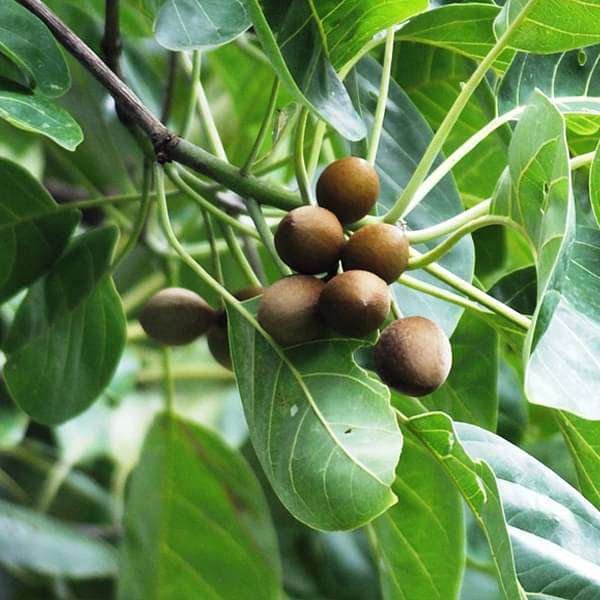
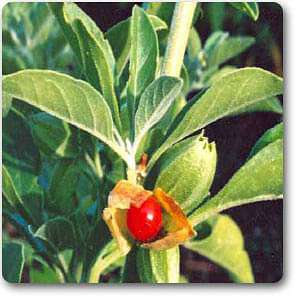
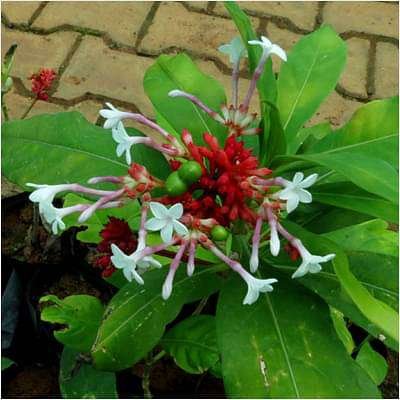
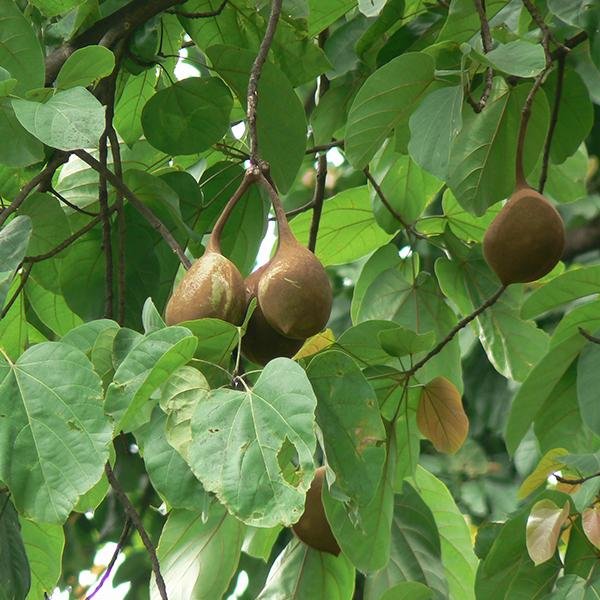
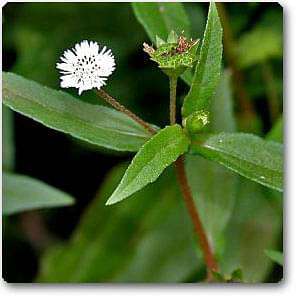
Reviews
There are no reviews yet.